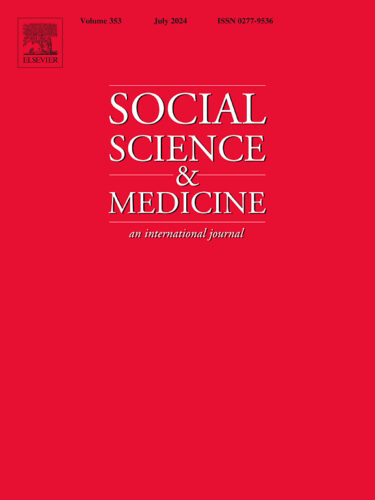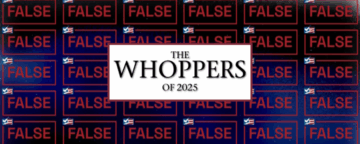Abstract

Our objective was to determine whether social media influences vaccination through informational and normative influences among Democrats andRepublicans. We use a probability-based longitudinal study of Americans (N = 1768) collected between December 2022 and September 2023 to examine the prospective associations between social media use and vaccination as well as informational and normative influence as mediating processes. Greater social media use correlates with more frequent vaccination (cross-lagged coefficients: COVID-19 = 0.113, p < 0.001; influenza = 0.123, p < 0.001). The underlying processes, however, vary between Democrats and Republicans. Democrats who use social media more are more likely to vaccinate because they encounter information about new pathogens. In contrast, Republicans who use social media more are more likely to vaccinate because they think that people who are important to them receive the recommended vaccines. Our findings underscore the potential for social media campaigns to promote vaccination, among both Democrats and Republicans by paying attention to the specific processes in each audience.
Authors
- Stephanie DeMora
- Javier A. Granados Samayoa
- Dolores Albarracín


